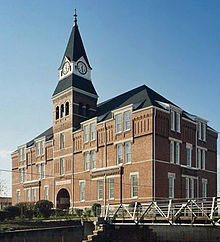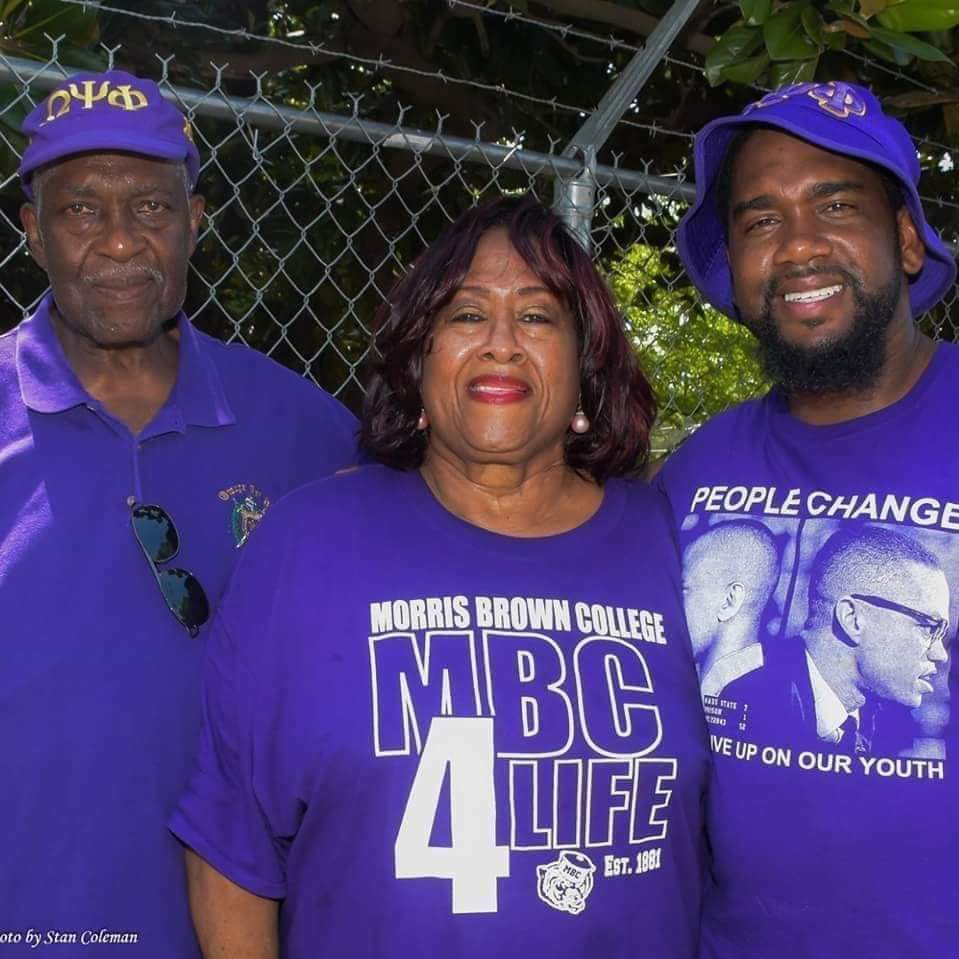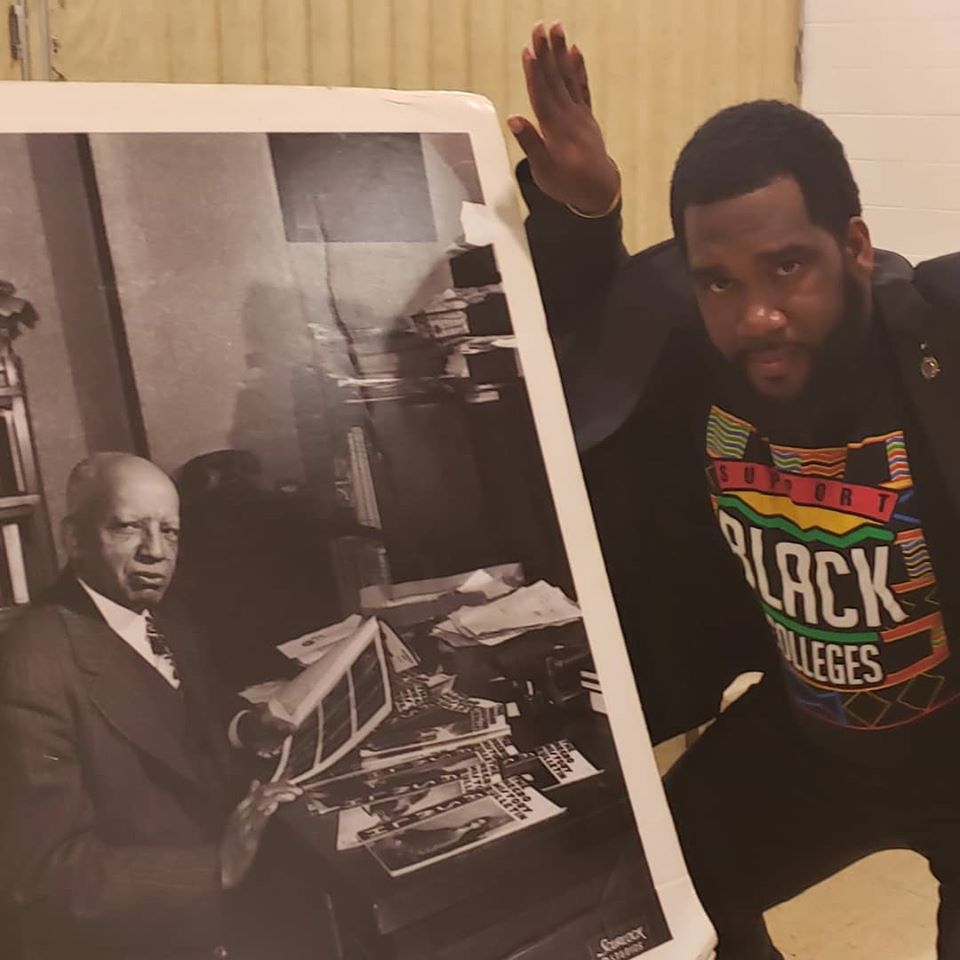Julian K. Smith, Sr (c/o 1962) and wife Willene W. Smith (c/o 1977) both studied inside Historic Fountain Hall earning their respective undergraduate degrees from Morris Brown College. J K Smith Sr earned his graduate degree from Atlanta University. Advocating for the restoration of Historic Fountain Hall uplifts my Father’s legacy, supports my Mother’s tireless efforts to help sustain MBC, while building bridges for future generations.


Our collective movement toward the restoration of Fountain Hall will help lead toward the revival of Morris Brown College while cultivating a Beloved Community on MLK Jr Drive that Dr. King would be proud of .

The long-range vision of the JKSSr Foundation is cultivating a School-2-College PipeLine on MLK Jr Drive from Booker T. Washington Highschool to Morris Brown College through S.T.E.A.M Education.



In addition to serving as an educational resource, culturally, Fountain Hall is the Diamond on Diamond Hill that shines that originated the “Atlanta Way” establishing Atlanta’s cultural & social through the Artistry of Adrienne Herndon and the Academics of Dr. W.E.B DuBois who were professors at Atlanta University. After Atlanta University, Historic Fountain Hall was given life through Morris Brown College.
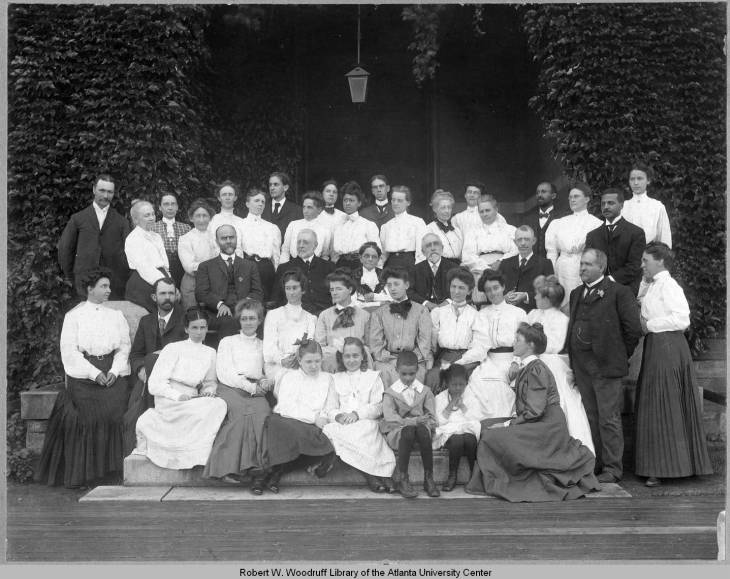
“The Atlanta Way” is often known as Whites & Blacks working together for a common goal which helped make Atlanta a global landmark for Civil Rights. The Atlanta Way has its roots inside of Historic Fountain Hall in that White Philanthropy funded Black Education. In addition, on the campus of Atlanta University, while many public facilities at that time practiced the segregation, the Atlanta University Faculty practiced integration on campus, where Black & White Professors lived & worked together.
In addition to the historical & educational aspects, currently Historic Fountain Hall has secured more than $1million in grant funding toward restoration. While the estimated cost to restore the building is upward of $30million, this is a great to start toward achieving our goal.



Historic Fountain Hall is one of 44 restoration projects across 17 states chosen by the National Park Service that will receive grant funding to preserve & highlight the 20th Century African American Civil Rights Movement. https://savingplaces.org/stories/2019-action-fund-grant-recipients#.XvNTHNaSlPY
Historic Fountain Hall is also one of 22 sites chosen by the National Trust for Historic Preservation to be a grantee of its African American Cultural Heritage Action Fund. Historic Fountain Hall is a key place in partnership ASALH a key organization that helps the Action Fund achieve its mission of protecting, restoring, and interpreting African American historic sites and uncovering hidden narratives of African Americans and their contribution to the American story. Grants were given across four categories: capacity building, project planning, capital, and programming and interpretation.
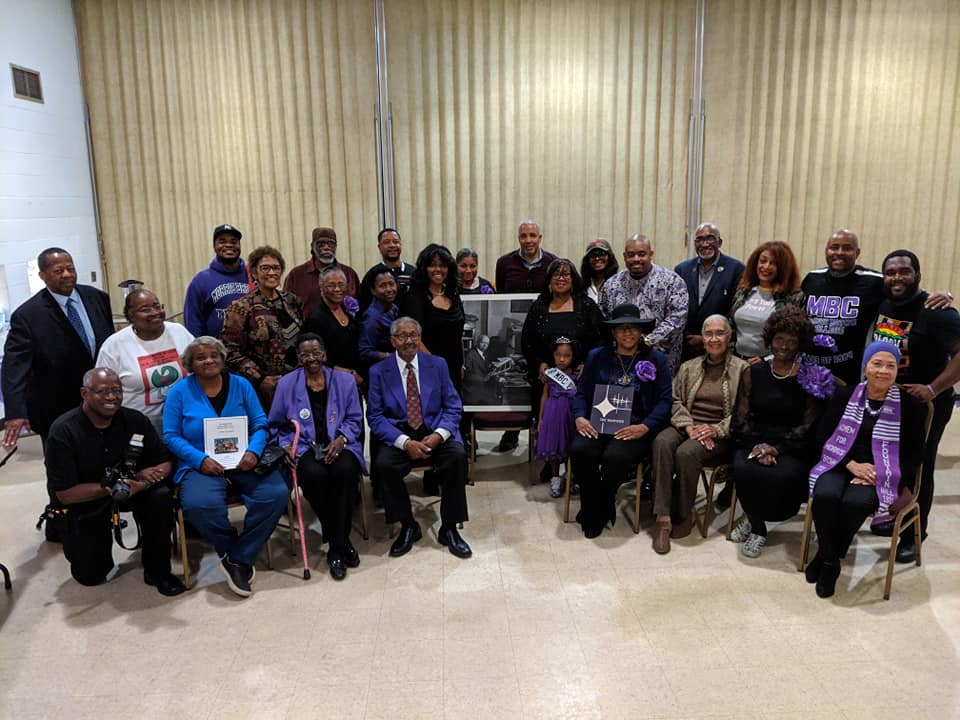
Faithful Friends of Historic Fountain Hall 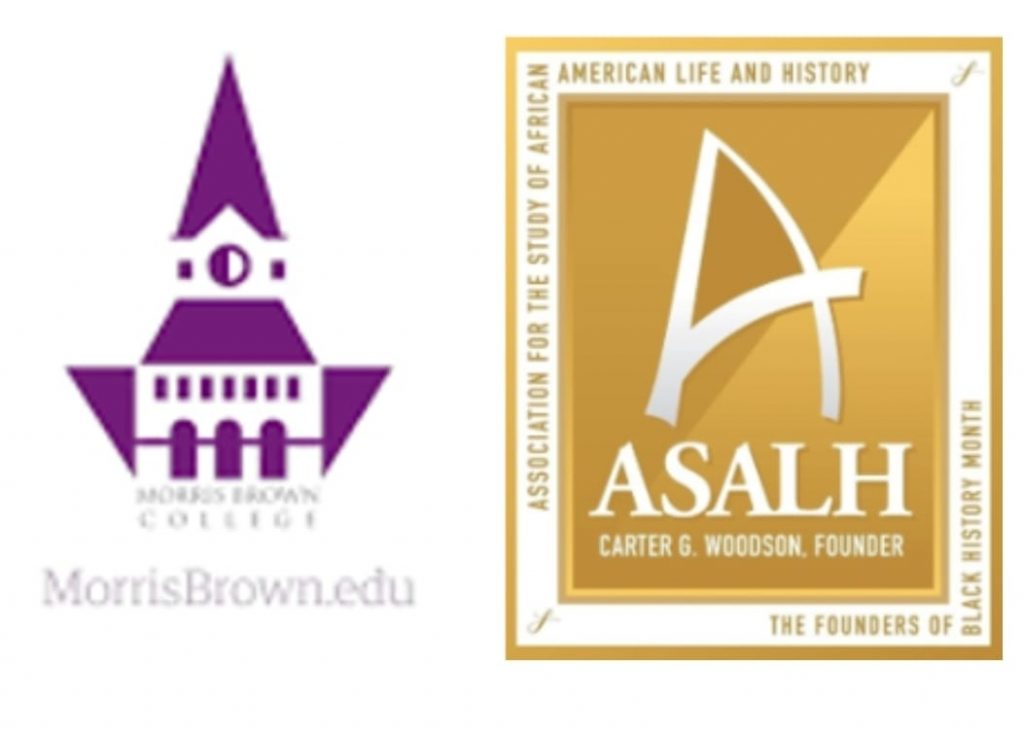
MBC & ASALH
The JKSSr Foundation advocates for the restoration of Historic Fountain Hall through the Friends of Fountain Hall which is a volunteer committee of committed individuals who represent various organizations.
ASALH (The Association for the Study of African American History) is the lead organization of the Friends of Fountain Hall as our Co-Chair and ASALH representative Dr. Candy Tate is writing restoration grants for Fountain Hall on behalf of Morris Brown College.

In this article, JKSSr Founder Julian K. Smith, Jr, was interviewed as he serves as Co-Chair for the Friends of Fountain Hall restoration committeehttps://www.ajc.com/news/local/morris-brown-historic-fountain-hall-gets-website-for-fundraising-aid/RZXNtOgD9X0KJN48nOCcnN/



Erected in 1882 on the crest of Diamond Hill on the Morris Brown College campus, Historic Fountain Hall is one of the earlier structures for the original site of Atlanta University with financial support from the American Missionary Association and the Freedman’s Bureau.
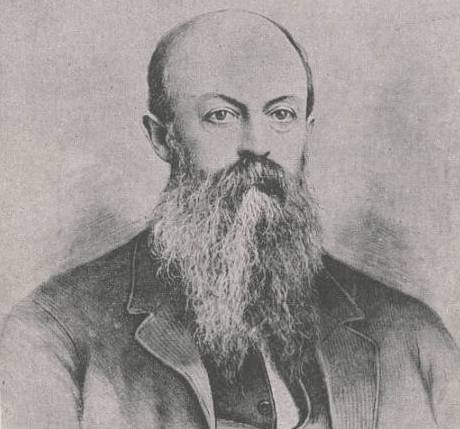
Edmund Asa Ware, 1st President of Atlanta Univeristy 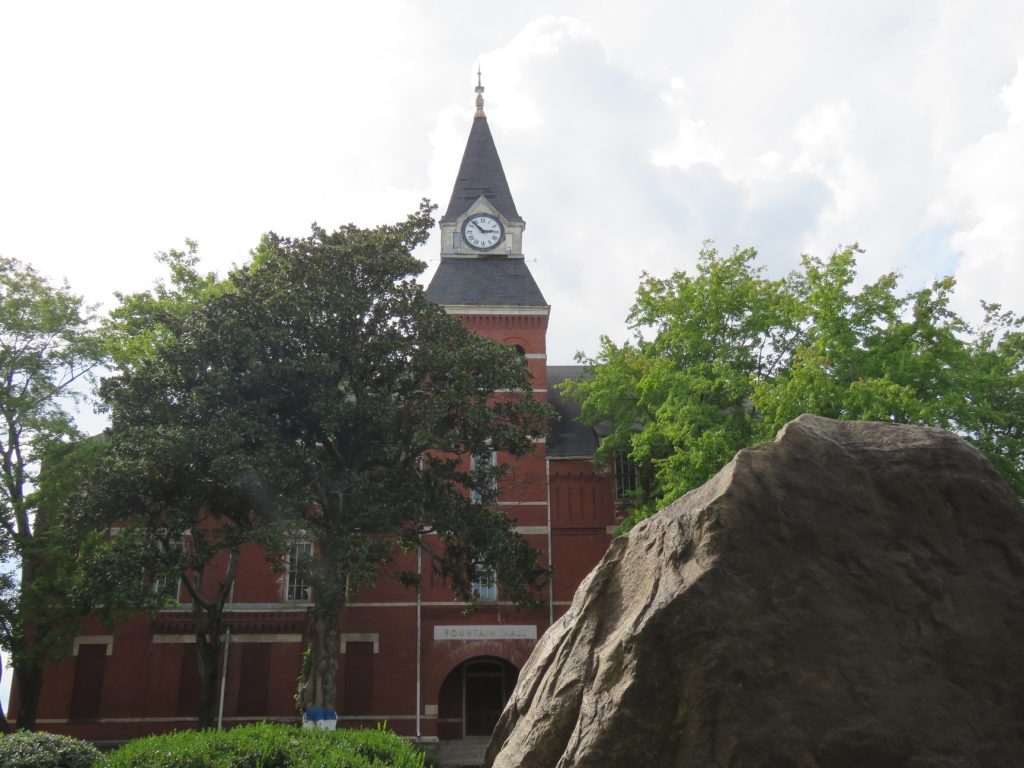
E A Ware Tombstone facing Fountain Hall
E A Ware worked tirelessly to establish the Atlanta University, who served as President of Atlanta University, serving from 1869 to 1885. In August 1, 1867, General Howard of the Freedman’s Bureau, appointed E A Ware as State Superintendent of Education for Georgia; During this time Ware organized the establishment of an institution for the higher education for African-Americans. His efforts led to Ware becoming President of the Board of Trustees as well as of the Faculty of the Atlanta University, which was chartered in 1867, and opened in 1869; and the remainder of his life was spent in its service. E A Ware’s tombstone sits in front of Fountain Hall on the campus of Morris Brown College.


The E A Ware School, named for Atlanta University’s first president, was built in 1922 as one of the first elementary schools for African American children in Atlanta.
E.A. Ware is also especially important because it was built in response to the collective effort of the African-American community (led by A.D. Williams, Martin Luther King, Jr’s grandfather) using the power of the vote to demand that the Atlanta School Board invest in the black community in 1918.





Historic Fountain Hall, during her time with Atlanta University was named Stone Hall in honor of the benevolent gift received from Valerie G. Stone of Malden, Massachusetts. The building was an example of the High Victorian style architecture however, its clock tower was “a rare sight in Atlanta.”
The restoration of Historic Fountain Hall is a catalyst that will rebuild Black Atlanta’s “Diamond Hill” in Historic Vine City that will serve as community center of excellence and global destination of Black History.


William Edward Burghardt Du Bois (1868-1963) was an African American educator, historian, sociologist, and social activist who poignantly addressed the issues of racial discrimination, black social problems,
While Professor at Atlanta University, 1897-1910 and 1934-44, Du Bois contributed immensely to the Black Academia and Activism while producing a number of studies that observed & analyzed the social, economic, and political conditions of African Americans in Georgia and across the United States.
Du Bois accepted a faculty position at Atlanta University (later Clark Atlanta University) in 1897. Atlanta University president Horace Bumstead brought Du Bois to Atlanta to establish a sociology program and to develop the university’s curriculum. Du Bois’s major work to come out of this relationship was his famous series of conferences and studies on black social conditions called the Atlanta University Studies



In 1932, Bishop W. A. Fountain, then a former college president, and his son, W. A. Fountain, Jr., President of Morris Brown, and then Chairman of the Board of Trustees, negotiated for Morris Brown to lease vacant buildings on Atlanta University’s campus. It was after this, that Stone Hall became known as Fountain Hall, named for Bishop William A. Fountain. Fountain Hall was made a National Historic Landmark in 1975. The Faithful Friends of Historic Fountain Hall are working diligently to preserve and restore Fountain Hall to keep it’ history from vanishing from Atlanta.
Bishop Fountain died at the age of 84 on April 23, 1955.
(Photo Credit and History curated by Eleanor Cooper Brown)


Fountain Hall’s Clock Tower on Morris Brown’s Campus was built in 1882. This is 5 years before the Clock Tower on Georgia Tech’s campus, 1887. Fountain Hall is the 1st Clock Tower standing as lighthouse for education, culture and service in the South that was erected for the upliftment of newly freed enslaved Africans in America.


Movement to restore Historic Fountain Hall is a potential income generator that will attract the Academic Legacy, Cultural Empowerment and Community Development that Morris Brown College in Historic Vine City needs on Diamond Hill needs to redeem & restore their glory!!!

Julian K. Smith, Jr.
Founder & CEO J K Smith Sr Foundation, Inc.

